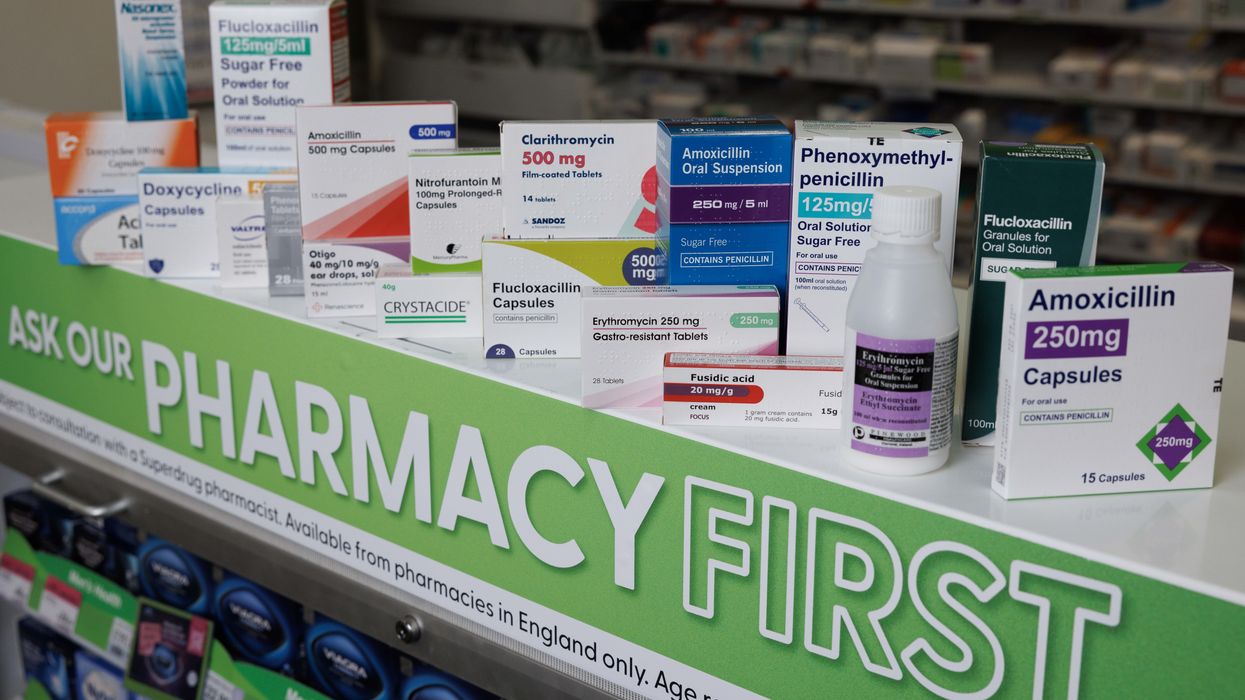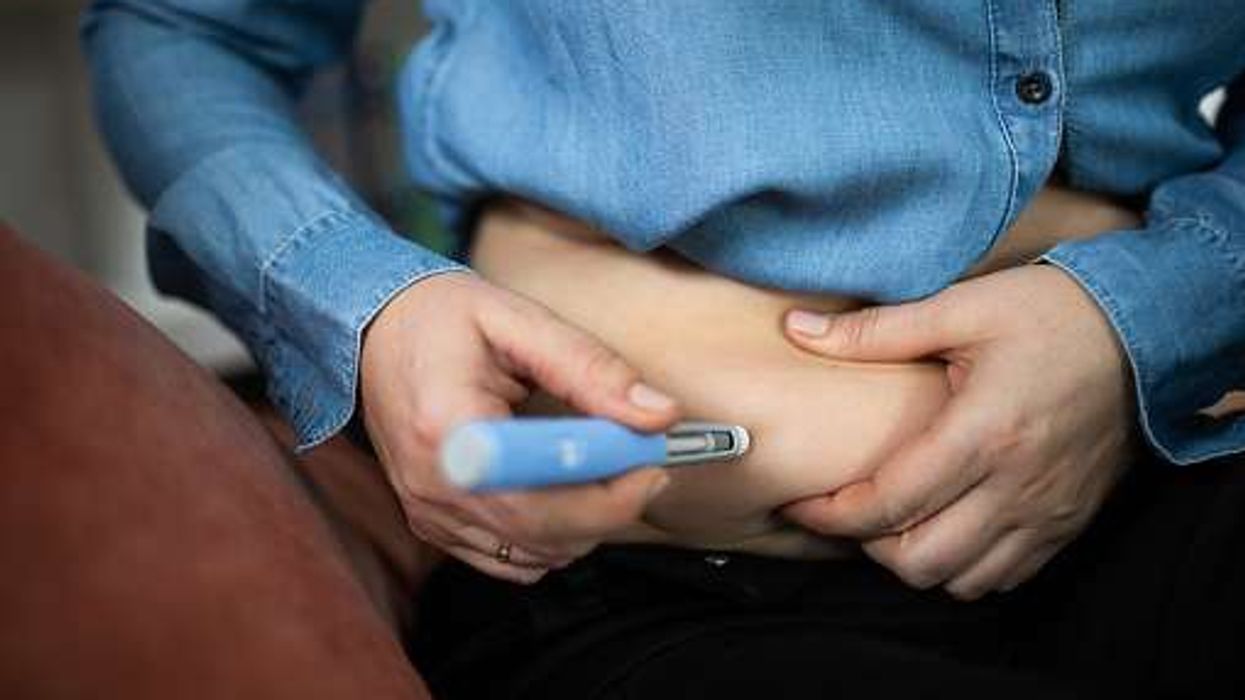The government has earmarked £200 million to enhance NHS resilience and expedite patient care during the upcoming winter season. This extra amount will bolster the health service during its busiest period, while protecting elective care so we can keep cutting waiting lists, Prime Minister Rishi Sunak has said.
On August 13, the Prime Minister and Health and Social Care Secretary met with clinical leaders and NHS Chiefs to strategise and refine planning for urgent and emergency care, while prioritising the preservation of waiting list targets for the upcoming winter season.
“Patients can be reassured that I will always back the NHS, so that those who most need help and support will get the care they need,” Sunak said. “Winter is the most challenging time for the health service, which is why we’ve been planning for it all year - with huge government investment to fund new ambulances, beds and virtual wards.”
"This £200 million investment, assured by the Department of Health and Social Care as new and additional funding, should aid NHS leaders in their preparations and mitigation for what will be a seriously difficult winter period," said Matthew Taylor, Chief Executive of NHS Confederation. "The priority now is swift allocation of funding to local systems for optimal utilisation.”
In Aug, the Department of Health and Social Care announced ongoing discussions among the government, NHS England, and the pharmaceutical sector regarding the allocation of £645 million for the pharmacy sector, as outlined in the Primary Care Recovery Plan. This includes initiatives to offer patients prescription medication for seven common conditions without requiring a GP appointment.
Expanding social care
A £40 million investment is being made to bolster social care capacity, strengthen admissions avoidance services, and expedite discharge rates. This targeted effort addresses urgent and emergency care challenges in priority areas. The funding is part of the £600 million winter workforce package for social care, with local authorities in the most challenged integrated care systems urged to submit their proposals."
Local authorities can bid for £40 million to enhance adult social care provision during the winter months, the DHSC said. "This funding can be used to procure additional services aimed at preventing hospitalisation and acquiring more home care packages. These packages facilitate quicker hospital discharge and support individuals in regaining their independence, including provisions for a caregiver to visit their home multiple times a day and assist with tasks like dressing."
"We aim to assist areas facing the most pressing needs this winter, and this additional £40 million will empower local authorities to enhance support for those in greatest need," said Helen Whately, Minister of State for Health and Social Care. "It will enhance social care capacity, expedite discharge rates, and prevent unnecessary admissions, thus easing the strain on hospital beds and reducing wait times for care."
Winter is coming
The Department of Health and Social Care pointed out that winter brings the greatest challenges for the NHS. This is heightened by flu, Covid, and seasonal illnesses, and further complicated by ongoing industrial action this year. In response, the government has taken early planning measures to ensure essential care for patients, DHSC said.
The Urgent and Emergency Care Recovery Plan received £1 billion in support earlier this year to increase capacity in the health system. This included the addition of 5,000 beds, 800 ambulances, and the establishment of 10,000 virtual wards.
Compared to July 2022, substantial progress has been achieved, the DHSC said. Category 2 ambulance response times are now 27 minutes faster. Additionally, there are 2,500 more general and acute beds, along with 9,700 virtual ward beds. Furthermore, 1,500 fewer individuals remain in the hospital when medically fit for discharge. That comes on top of the Primary Care Recovery Plan, which is freeing up 15 million GP appointments to help end the 8am rush.
"Since the release of our Urgent and Emergency Care Recovery Plan earlier this year, patient wait times for ambulances and A&E services have improved," said Amanda Pritchard, Chief Executive of NHS England. "As always, the public can contribute by promptly receiving winter vaccines when invited and accessing services as usual - dial 999 in an emergency and use 111 online for other health conditions."
Meanwhile, the Scottish Government and Community Pharmacy Scotland have agreed to roll out a new national service to provide emergency access to supplies of naloxone from Oct. 30.











